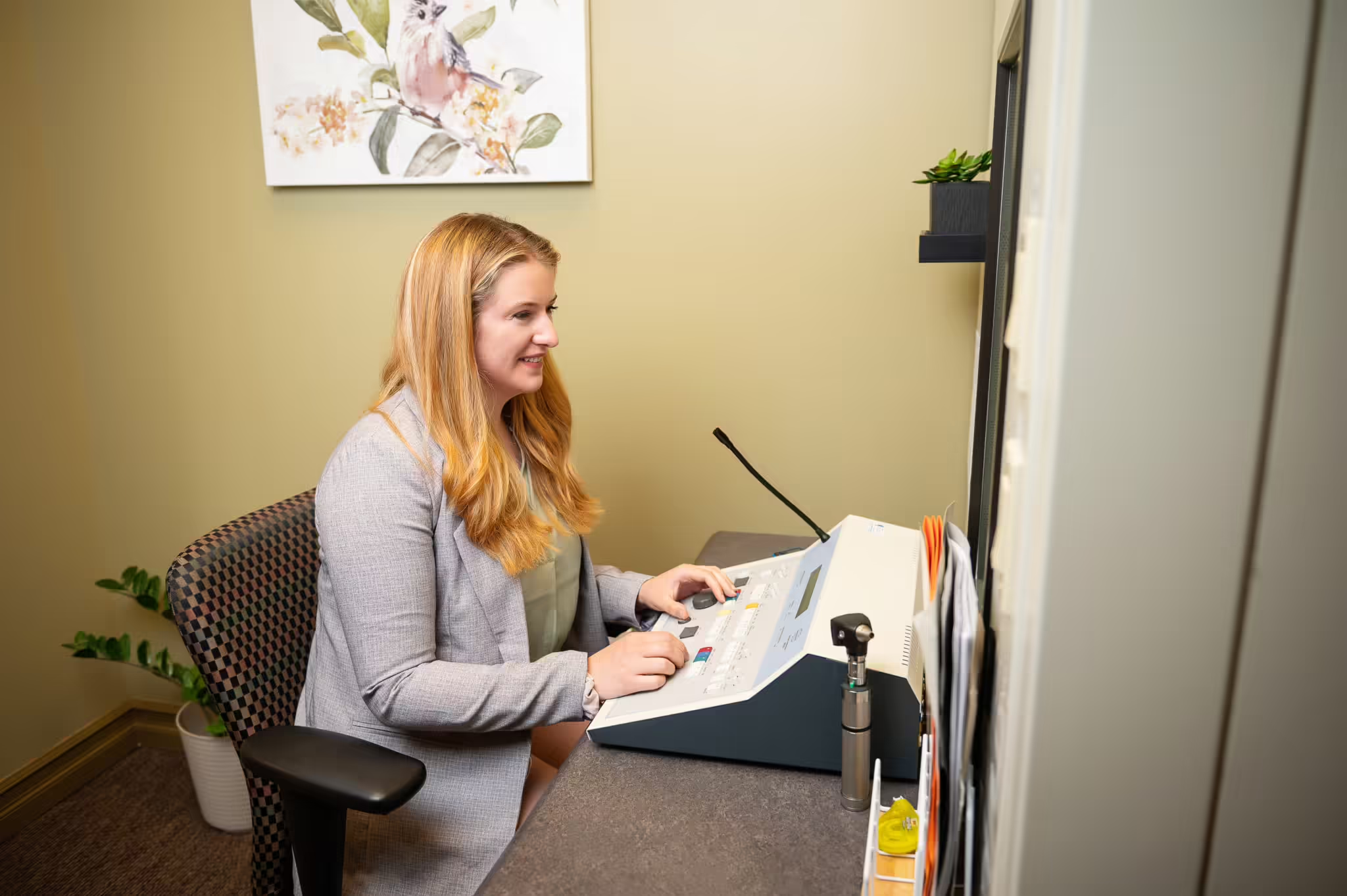Your auditory systems age, just like you do. This means an increased risk of hearing loss as you get older. Noisy work environments and conditions like Diabetes, Kidney Disease or Cardiovascular issues also exacerbate hearing loss.
But there’s hope. Certified audiologists can assess your hearing and help you prevent hearing loss as you age. We recommend getting a yearly hearing test – especially if you’re over 55 or have a family history of hearing loss. Act now!


